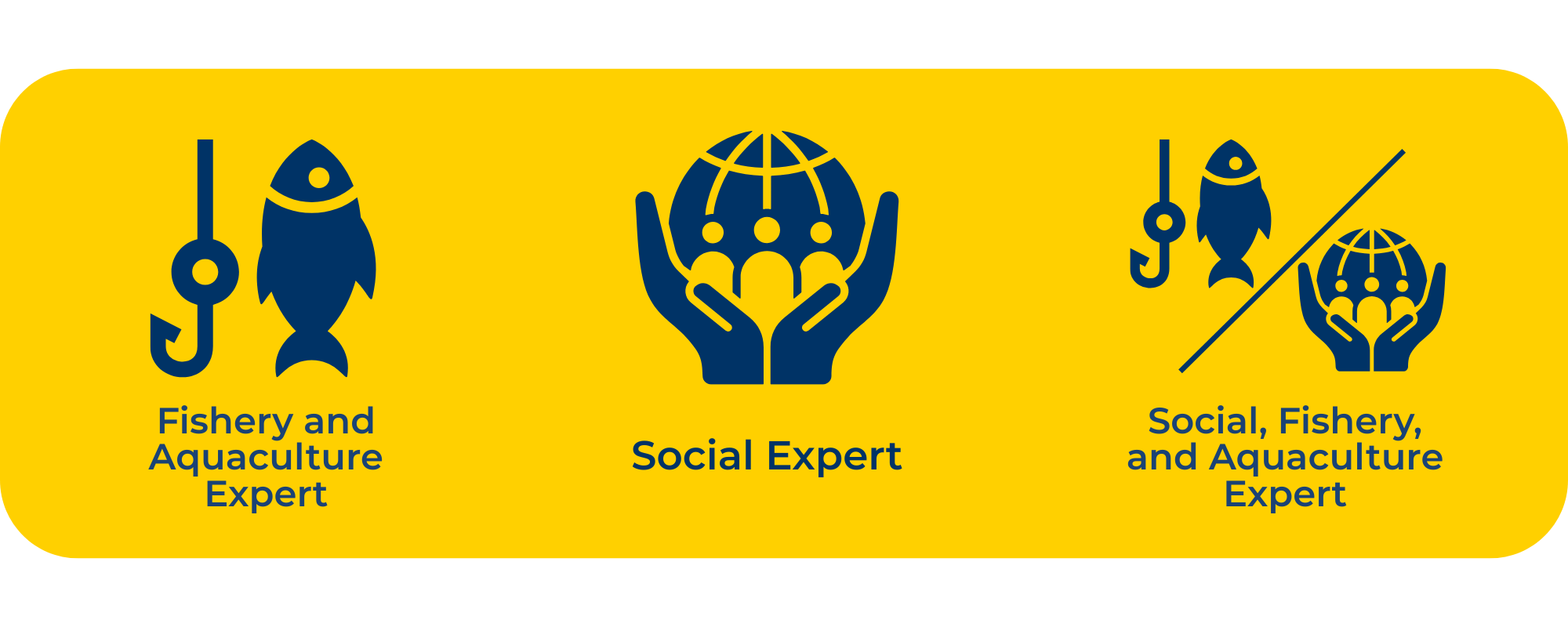Assessor Qualifications
There are some key guidelines to help determine best practices regarding assessor qualifications.
Conducting a social assessment can be very challenging as assessors are often dealing with very sensitive issues. It takes experience implementing social science methods to understand how to respectfully handle sensitive issues.
An assessor must be prepared to implement social science methods, including, but not limited to:
- Conducting interviews with workers/fishers/farmers and management, particularly on sensitive subjects such as forced labor or discrimination.
- Conducting document review
- Understanding human rights and labor rights standards
- Understanding international, national, and local labor laws
- Understanding root causes and connections
There are many ways to demonstrate social science experience:
- Accredited social auditors: APSCA member in good standing, social auditor of a Conformity Assessment Boy accredited by ISO 17065 or Assurance Services International.
- Experience implementing other social programs or certifications in the seafood industry: Fair Trade USA Capture Fisheries Standard, Responsible Fishing Vessel Standard, Seafood Task Force Vessel Auditable Standard.
- Experience implementing other social programs or certifications outside of the seafood industry: Fair Trade USA Agriculture Production Standard, Rainforest Alliance, Equitable Food Initiative.
- University degree in relevant social science field: Advanced degree, such as Masters or PhD preferred.
An assessor must have familiarity with the fishery / aquaculture context to effectively implement the SRA. This requires an understanding of the risks that are unique to the seafood industry in relation to the issue areas covered in the SRA.
Fishery / Aquaculture experience can be demonstrated as follows:
- Accreditation or approval to implement a fishery / aquaculture program, such as the Marine Stewardship Council, the Aquaculture Stewardship Council, or Fishery Improvement Projects
- University degree in relevant scientific field such as fisheries / aquaculture biology or fisheries management. Advanced degree such as a Masters or PhD preferred.
- Experience implementing fisheries management practices, such as stock assessments and biological modelling.
- Experience working in a commercial or subsistence wild-capture fishery or aquaculture site.
- Experience implementing health and safety practices on vessels or at aquaculture sites.
In order to effectively implement the SRA, at least one member on the assessment team should attend a training workshop on the SRA. Even with social auditing and fishery/aquaculture experience, the tool itself is unique, therefore this training is essential to ensure effective and consistent SRA implementation.
If you are interested in being trained on the SRA, please contact LRQA at SRAsupport@elevatelimited.com.
Refer to the SRA Assurance Guidance for more information about recommended trainings that can help an individual work towards meeting these qualifications.
In addition to these three areas of expertise, additional considerations may include, but are not limited to, the following:
- Language proficiency: It is essential that the individual commissioned to undertake interviews in the assessment can speak the language of fishers, farmers, and workers being interviewed, or at the very least, there is a qualified interpreter on the assessment team.
- Conflict of interest: It is important to ensure that where possible, you are able to minimize bias. This means that an assessor should not have a preferred outcome going into the assessment which might influence the results of the assessment.
Be sure to reach out to the entity that has requested the SRA to ensure any additional qualifications are met (e.g. Fishery Improvement Projects reporting to FisheryProgress).
At this time, assessors can apply to be recognized on RISE as an assessor that meets any or all of the above qualifications.
Recognition Process
Assessors will be recognized according the following categories:

In order to be recognized in any of these categories, an assessor must also demonstrate they have been trained on implementation of the SRA. For more information about upcoming trainings, reach out to SRAsupport@elevatelimited.com
If recognized as a Social Expert only, that assessor will need a Fishery/Aquaculture Expert to comprise a full assessment team and vice versa for those individuals who are only recognized as a Fishery/Aquaculture Expert. An individual that is recognized as both a Social and Fishery/Aquaculture Expert will be qualified to implement the entire SRA as an individual. The application asks a series of questions about your expertise and provides a space for documents to be uploaded as evidence. At a minimum, you will need to attach your CV. Additional documents, such as certificates or scans of a diploma, may be included as needed to support your application.
Once submitted, LRQA will review applications every two weeks. If accepted, you will receive an email notification and your name will be added to the list of recognized individuals where your contact information will be shared publicly. Your name will be listed alongside the type of recognition granted, a short bio, language proficiency, and your location and contact information. Those looking to find an assessor and/or create an assessment team can use this list of recognized individuals to conduct an SRA that meets their needs.
Build Your Knowledge
Before conducting an assessment, an assessor or implementer should deepen their knowledge of the issue areas covered in the SRA and gain an understanding of the key elements of conducting a social assessment. There are several resources to help assessors prepare for an assessment:
- The SRA Online Training Program
- The Social Responsibility Assessment for the Seafood Sector: A Manual for Trainers on Guidance for Assessment Implementation
- Training Modules – Approaches to Gathering and Validating Data in Social Responsibility
- Categories of Human Rights
- Driving Improvements in Food, Nutrition, and Livelihood Security: Guidance for Principle 3 of the Monterey Framework
- A Trusted Voice for Workers on Fishing Vessels: Accessing Effective Grievance Mechanisms – Webinar | PDF
- Understanding and Accessing Rights: Respecting Human Rights in Fishery Value Chains – Webinar | PDF
